Bails, fails, and board-breaking freak outs – these were the highlights of the extreme sports craze that hit video games in the ’90s and early ’00s. However, despite critical acclaim, and some of the most memorable video games in the history of gaming, the genre is starting to die out. Fast forward to 2015 and we find ourselves with sloppy video games where characters fall through the floor, skyrocket into the skybox, and fall off their boards like a free-balancing penny on a moving airplane’s wing.
What has happened to the various video game series that we used to love? Why are they becoming worse and worse as time goes on? Why have they not improved the same way that various other video game series have?
I ventured into the internet to find out, and my findings were not pleasant…
Quality control is at an all time low
Back in 1999, Tony Hawk’s Pro Skater was developed by a company known as Neversoft. This company was also responsible for just about every single successful Tony Hawk’s Pro Skater game from the first to the 4th, the Underground series, American Wasteland, Project 8, and Proving Ground. With the exception of Project 8, every single Tony Hawk game developed by Neversoft has seen unanimous reviews of 7/10 or higher.
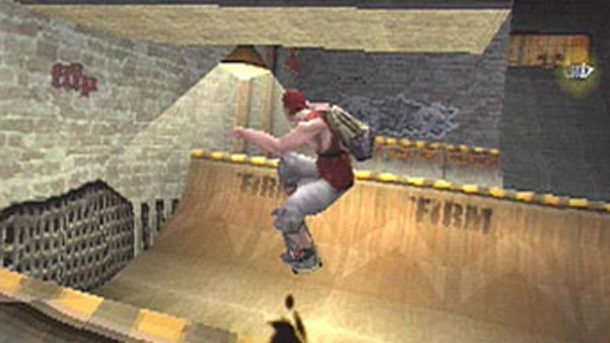
Tony Hawk’s Pro Skater blessed gamers and skaters alike with tight controls, fun stages, over-the-top tricks, and highly competitive arcade gameplay.
Neversoft was eventually pulled away from the Tony Hawk franchise, and since 2007 they have been put to work on the Guitar Hero series. Robomodo has since replaced Neversoft as the sole developer of Tony Hawk games, and ever since then we have seen nothing but terrible titles. In fact, the highlight of their “success” has been an HD remake of Tony Hawk’s Pro Skater that saw limited success – Metacritic giving the game a measly 67. Everything else under their belt has seen scores of 56 at most.
But how did Robomodo screw up the formula?
When Robomodo comes to mind, the first Tony Hawk game that I think of is Pro Skater 5. This game was released just over a month ago, and this game was a glitchy mess. Those glitches that I referenced at the start of this article? Pro Skater 5 made it memorable.
Reviewers were quick to slam the game, and since then the Xbox 360 and Playstation 3 versions of the game have been held back until the development team can fix all of the problems with the Xbox One and Playstation 4 versions.
Even Tony Hawk’s Pro Skater HD wasn’t a hit. While it should be expected that a remake that does literally nothing to improve the game other than give it a new coat of paint get anything more than a 7/10, this game was once again cited for numerous glitches and other game-breaking bugs.
Releasing a game with a few bugs is common in today’s market, but game-breaking glitches that resulted in a game that was quite literally unplayable? That isn’t right no matter how you put it. The fact that Activision gave Robomodo the development rights to the series two times in a row, and proceeding to allow them to screw up a second time? That’s plain insulting to customers.
They are not the only guilty party, though…
A lesser known game that involved extreme sports was EA Sports Big’s SSX series. Originally, EA Sports Big was responsible for all of the over-the-top sports games published by EA Games. This included titles such as NBA Street, FIFA Street, NFL Street, Freekstyle, and more. While not all of these titles were particularly memorable, they were generally held in higher regard than most of EA Game’s regular titles.
SSX 3 provided players with fast-paced racing action, quirky characters, and fully voiced rivalries that gave the game a unique feel that defined the series.
In 2012, EA Games decided to give the title to EA Sports (the company who usually developed the boring regular sports titles) and when SSX (2012) finally arrived on store shelves fans were beyond disappointed. While the game received positive scores from critics, the game scored terribly among user scores.
The reason was that the game might as well been styled around the Olympic Games.
When players opened up SSX (2012), they were expecting over-the-top tricks, quirky characters, whacky stage designs, and local or online real-time multiplayer where they could punch out their opponents in a no-rules free-for-all snowboarding competition. Instead, they got this:
While it may not be noticeable for people who haven’t played the series before – or those who haven’t played SSX (2012) for themselves – the game is nothing like its predecessors. Characters have been diluted to the point where a trash talking, emo-goth, punked out adrenaline junkie like Zoe Payne (seen in the clip) has been reduced to nothing more than another tomboy stereotype.
EA Sports eventually released a “classic skins” pack that introduced a new “true SSX style” map, but the physics engine of the new game didn’t allow for the map to function properly, and didn’t save this game from gamer hell…
But that’s not even the worst part. The game’s difficulty was reduced to an insulting level. In previous games you were punished for holding a trick too long, hitting a tree, or falling off a cliff. In SSX 2012, as long as players let go of a trick button before touching the ground (even if their board is floating in mid-air, out of arm’s reach) they are safe. If you fall off a cliff, you get a downright impractical rewind system reminiscent of Prince of Persia: Sands of Time that puts you at such a disadvantage in their ghost-style time attacks and trick events that you may as well restart the run. This game was such a disappointment that it will likely ensure no future releases of this series will ever exist.
Congratulations EA. You killed the one series that this nostalgia-hating reviewer actually had fond memories of. Well played.
Could the problem be interest in the games?
One argument that I’ve heard about the decline in quality for extreme sports games is that players simply aren’t interested in them anymore, and so companies aren’t investing the same amount of resources they used to. While there is no way to prove that this is the case – outside of a direct confession from the companies themselves, which they would never admit – it certainly would seem likely since many of these games have been passed on to smaller or newer development teams.
However, I would argue this is not the case, and as my evidence I would look to one game series in particular: the Tony Hawk’s Pro Skater competitor, Skate.
Released in 2007, the Skate series developed by EA Black Box served as an alternative to the over-the-top arcade action of Tony Hawk’s Pro Skater. The game provided an interesting take on the skateboarding genre of video games by making it less of an arcade-style game, and more of a simulation. EA Black Box did so by having players skate around in a realistic environment and required more manual dexterity than its competitor. The game was well received by critics and players alike, and many thought it would push the Tony Hawk series out of the limelight for good.
Unfortunately, despite keeping the same dev team, the game only saw their review scores shrinking with each sequel. While the original Skate saw a score of 8.6/10 on Metacritic, Skate 3 (which was released in 2010) ended up with a 7.5/10. While this is by no means a terrible score, it does show something: the games are not getting better, and if they remain good they are getting stale.
So what do you think is going on RR-sama?
That’s a good question. Skate 3 provides me with the grounds to believe that the market is still out there, but there’s something that’s not quite sitting right with the developers themselves. What I found interesting about this game in particular, however, is that the game sold well not because it was a good game, but rather because of the game’s notorious physics engine and humourous glitches as made popular by PewDiePie.
Taking this into account, I have come to the following conclusions:
- From Tony Hawk we learn that many big-name extreme sports games are failing due to being developed by teams who are releasing the game with a realistic beta testing and bug/glitch eliminating schedule. This in turn leads to poor customer satisfaction, less sales, and faltering customer loyalty. As a result, the corporations – who only see the poor sales, and not the poor product – decide that the series is not selling anymore and proceeds to halt all future projects.
- Those that are not suffering from terrible glitches or bad reviews – such as SSX – are being passed on to teams who simply do not care about the product, or are not in touch with the fanbase. As a result the product is a complete flop, and – once again – the businesses only see the bottom line and the series is dropped.
- Considering the success of Skate versus the failure of Tony Hawk I can only come to the conclusions that rather: A) the viability of a game being in a “Let’s Play” is key to a game’s success, or B) arcade-style games are just falling out of style. However, I would have to say that the former seems much more likely than the latter.
Honestly, I don’t like the idea of any of these games finding their way into the “Gaming Graveyard.” Tony Hawk, SSX, and Skate have all become series titles that people who love the extreme sports genre have come to love. When I look at what these companies have done – selling games based on nostalgia alone – I feel as though nobody wins. Series creators lose their prized projects, fans get a crappy product that destroys their happy memories, and the companies scrap a series for the sake of saving their bottom line.
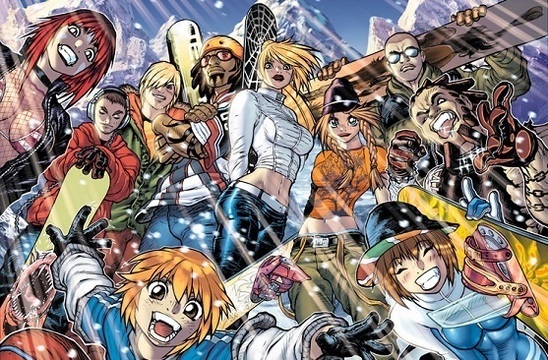
I wouldn’t mind paying for a sequel to SSX (2012), provided it has at least half of the personality that SSX 3 had!
Sure, I ruin some people’s nostalgia by pointing out the flaws in their favorite games. However, I would never take someone’s nostalgia, throw it into a pile of horse droppings, wrap it up in a shiny cover, and sell it to them for $59.99.
That’s just evil.
What do you guys think about my theories on the lack of quality extreme sports games? Do you have your own theories or conclusions? Do you have a beloved series that has “died” as a result of selfish businesses? Do you simply think that the reboots and remakes have to end? Leave your ideas and thoughts in the comments section below!

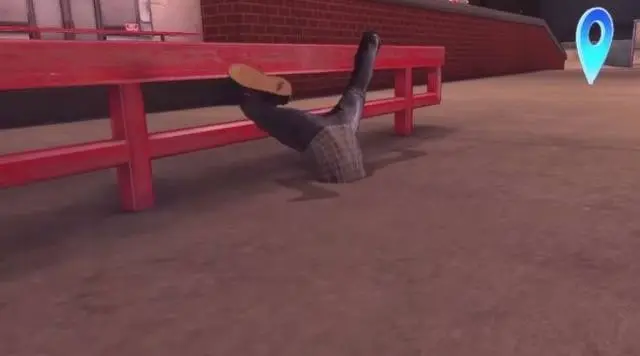
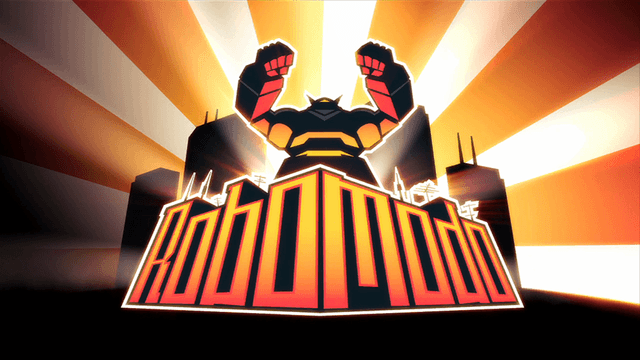
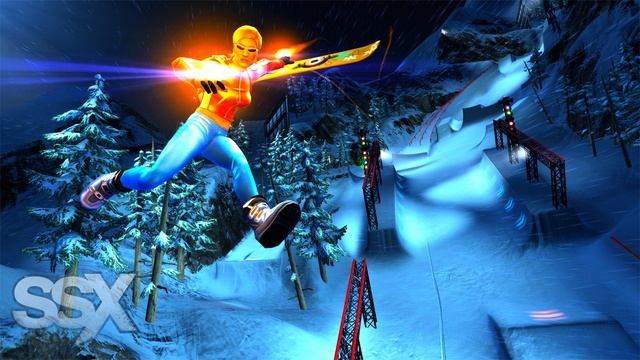
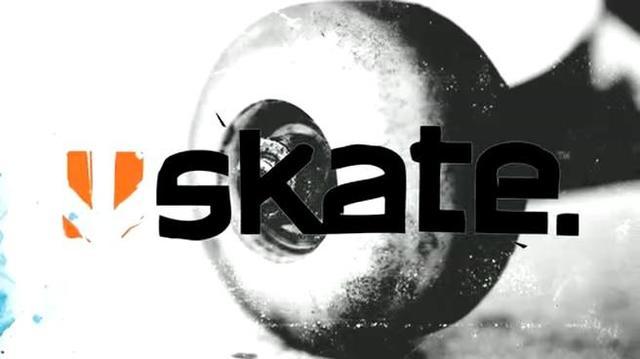
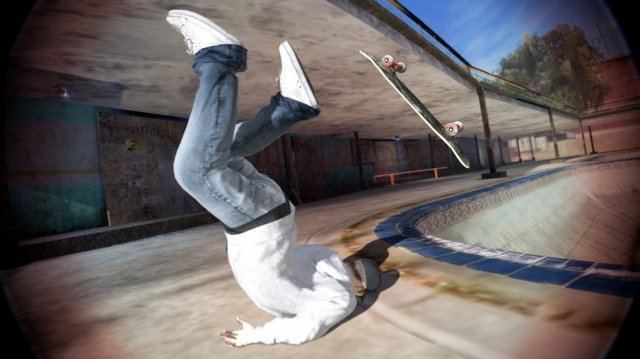





Published: Nov 4, 2015 06:46 pm